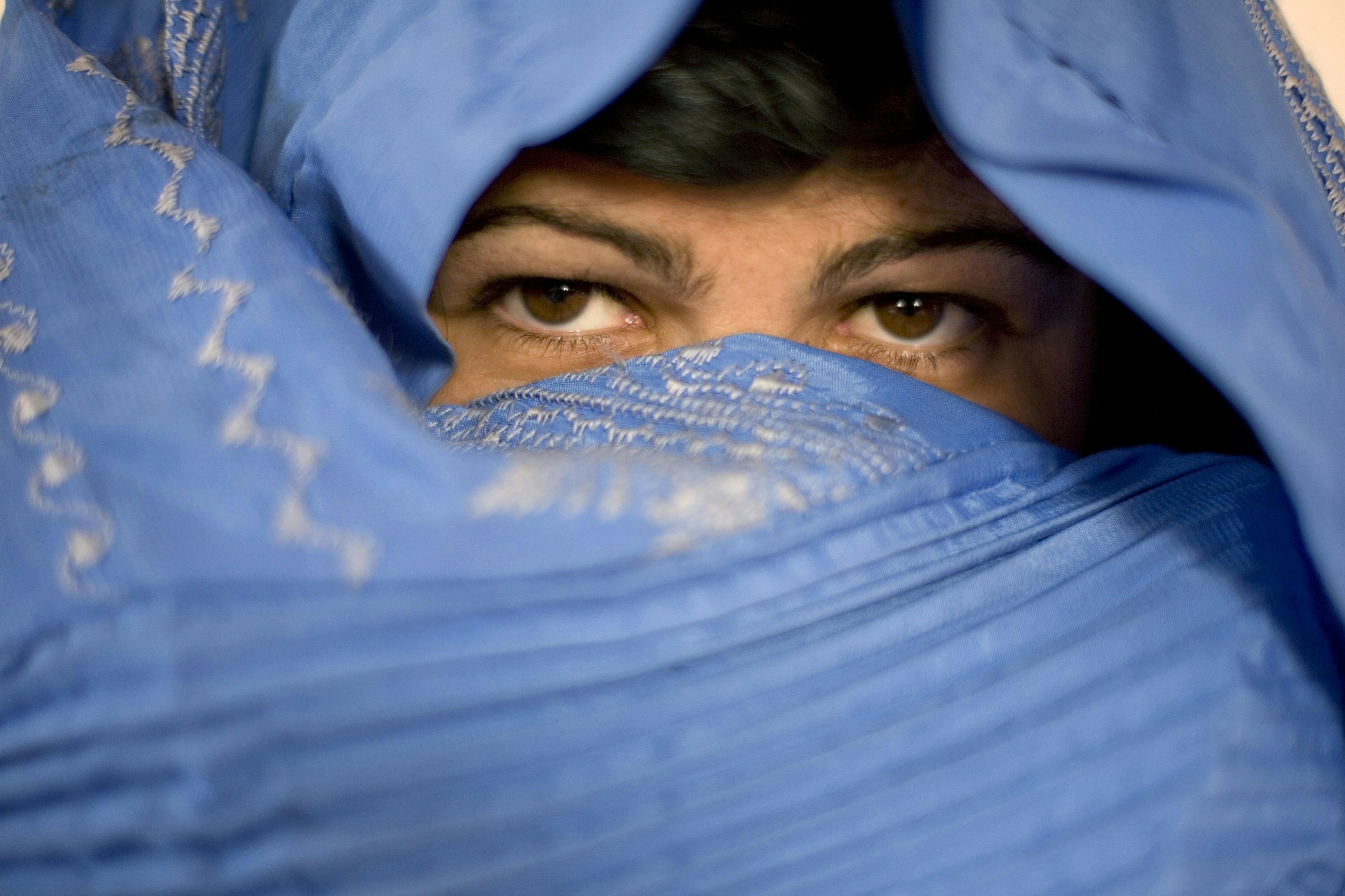The biggest challenge of teaching girls and women in Afghanistan is not the security risk or the bad internet connection, but the creeping hopelessness.
Maryam Ahmadi – A pseudonym for an Afghan peace and women’s activist

I have sent the link and I am waiting for my students to join the Zoom session. I am teaching them English. I receive a notification that my students are in the waiting room. I put a big smile, I let them in, and greet them in English.
I know that they can’t see my smile because I don’t turn on my camera for security reasons, but I know they hear it in my voice. I know that I have to do everything and anything to keep up the spirits of my students. And I have to do it for myself as well.
Since 2021, we have had to struggle against two enemies: the Taliban ban on secondary and higher education for girls and women and the desperation and hopelessness that are slowly overcoming us.
According to the UN Educational, Scientific and Cultural Organization (UNESCO), some 2.5 million girls and young women are out of school due to the ban. Before the universities were closed for us, one in three young women were enrolled; some 100,000 were denied their dreams of pursuing the degrees they wanted. Not only that, even when students have found opportunities to study abroad, the Taliban has denied them the right to do so.
Islamic scholars have repeatedly said and emphasised that there is no basis in our religion for this ban. Even economically, it does not make sense. The UN Children’s Fund (UNICEF) estimates that preventing girls from attaining secondary education costs the Afghan economy some $500m per year.
The Taliban government has refused to change its decision despite the repeated appeals of international organisations and agencies. Afghan women and girls, for their part, have refused to give up.
The need and desire for education has been so great that soon after the bans were imposed, a few teachers got together and organised classes online. At first, it was a small group with just a few students. I joined them about a year and a half ago.
We teach English as well as all high school subjects and a few additional courses, like computer skills. News of our courses spread by word of mouth and more and more students joined. By 2023, we had grown to 400 students from across Afghanistan.
At the centre, they taught us how to approach education through different methods and how to interact with students to help them learn better. But a lot of what we learned could only be applied in a normal situation where the teacher and students are in a classroom together, not online struggling with a frustratingly bad internet connection.
So when I began teaching online, it was a challenge. I struggled and often thought about quitting, but the desire of my students to learn kept me going and I found a way to make it work.
“Whenever I thought I couldn’t do it, you showed me somehow that I could. You are the best role model in my life,” one student wrote to me recently. Such messages really warm up my heart and motivate me to keep going.
I share inspirational stories and biographies of great people from across the world. I ask them to write lists of their dreams and goals, to share their plans for their future and everything that keeps them hopeful and motivated. I try to help younger students discover their talents; I ask them to write stories and poems or to paint. We try to break out of prison through learning and creativity.
The other teachers and I are doing our best to keep the hope of Afghan girls and young women alive. But we need support. It would make a huge difference for our students if the United Nations and international organisations could help us set up a mechanism to formalise the education we provide and grant valid documents certifying degrees attained. This would help motivate young women and girls and lessen the troubling feeling that they are wasting their lives.
Things in life often don’t go according to plan. I never planned to be a teacher, especially not one in hiding. But here I am teaching online, defying an unjust ban, trying to help my fellow Afghan girls and women, and fighting despair. It is a job I never wanted, but I love doing it.
The views expressed in this article are the author’s own and do not necessarily reflect Al Jazeera’s editorial stance.
Read original Al Jazeera article HERE.
Picture credit: An Afghan student speaks English during an online class, at her house in Kabul on March 18, 2023 [File: Reuters/Sayed Hassib]
